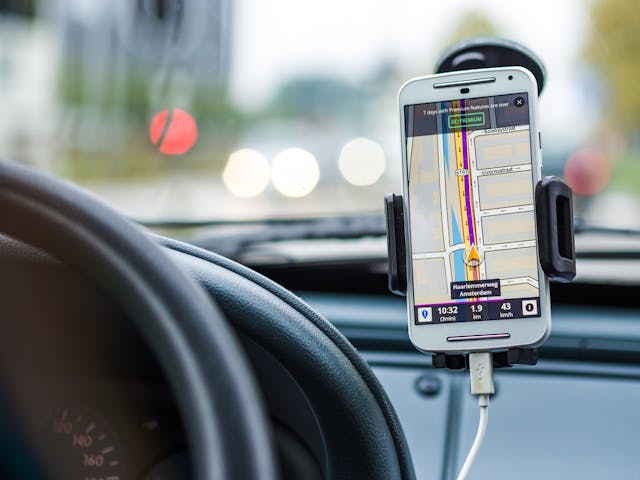In an era where technology has woven itself into the very fabric of our daily lives, one of its most revolutionary applications remains relatively unsung: GPS navigation. Global Positioning System (GPS) technology has transformed the way we navigate the world, making it easier, safer, and more convenient to traverse both familiar streets and uncharted territories. Let’s delve into the world of GPS navigation and explore how it has revolutionized modern travel.
Evolution of GPS Navigation
The genesis of GPS navigation can be traced back to the late 20th century when the United States government launched the first satellite in the Global Positioning System. Initially developed for military purposes, GPS technology was later made available for civilian use, forever altering the way we navigate our surroundings.
From standalone GPS devices to the GPS functionality integrated into smartphones and vehicles, the evolution of this technology has been nothing short of remarkable. Today, GPS navigation is not just a convenience but a necessity for many travelers, whether they’re embarking on a cross-country road trip or exploring a new city.
The Mechanics Behind GPS
At its core, GPS navigation relies on a network of satellites orbiting the Earth, constantly transmitting signals that are picked up by GPS receivers. By calculating the time it takes for these signals to travel from the satellites to the receiver, the device can determine its precise location, typically within a few meters.
But GPS navigation isn’t just about pinpointing your location on a map. It’s about harnessing that information to chart the most efficient route to your destination, taking into account factors like traffic conditions, road closures, and points of interest along the way.
Benefits of GPS Navigation
The benefits of GPS navigation are manifold, offering both practical advantages and peace of mind to travelers:
- Efficiency: GPS navigation allows travelers to reach their destinations more efficiently by providing real-time traffic updates and suggesting alternative routes to avoid congestion.
- Accuracy: With GPS technology, gone are the days of getting lost or missing a turn. The precise positioning offered by GPS ensures that travelers stay on course, even in unfamiliar surroundings.
- Safety: GPS navigation enhances safety by providing drivers with advanced warning of hazards, such as accidents or road closures, allowing them to make informed decisions and navigate around potential dangers.
- Convenience: Whether you’re searching for the nearest gas station, restaurant, or hotel, GPS navigation puts a wealth of information at your fingertips, making it easy to find amenities and services wherever you go.
The Future of GPS Navigation
As technology continues to advance, so too does the future of GPS navigation. From augmented reality overlays that provide visual cues directly on the windshield to integration with smart home devices for seamless trip planning, the possibilities are endless.
Furthermore, advancements in artificial intelligence and machine learning promise to enhance the capabilities of GPS navigation systems, enabling them to adapt to user preferences, anticipate traffic patterns, and provide personalized recommendations.
Conclusion
In a world where time is of the essence and convenience is king, GPS navigation has emerged as an indispensable tool for modern travelers. Whether you’re navigating the bustling streets of a metropolis or embarking on a wilderness adventure, GPS technology empowers you to explore with confidence and ease.
